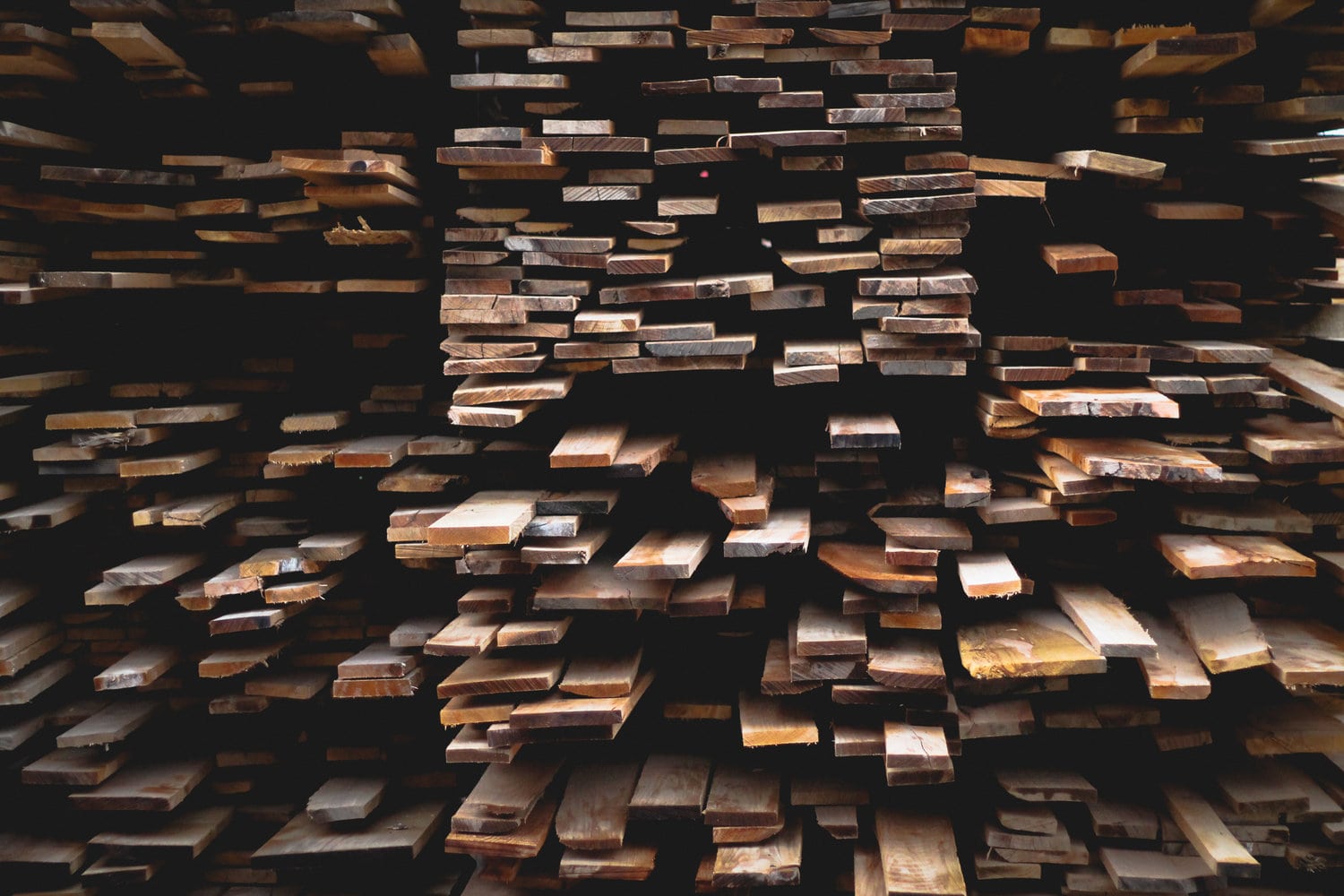Australia generates more than 27 million tonnes of waste from construction and demolition. At Elliam, we are committed to recycling. As leaders in construction waste, Elliam have been recycling for over a decade, recycling 85% of our construction waste, compared to a national average of 76%.
Recycling waste material has immense paybacks, it reduces costs, conserves resources and has a positive impact on the environment. Our recycling strategy and guidelines, ensure each site is evaluated for its recycling potential and optimum recycling outcomes . Elliam’s construction waste is either reused onsite, redistributed or recycled into new aggregate products.
Elliam’s recycling practices
Reuse of existing materials on site
Elliam have a strong practice of using recycled and repurposed elements in refurbishments and rebuilds, to both lower transport costs and pollution.
Onsite reuse of material typically includes reuse of wooden beams, stairs, doors, windows, roof tiles, plumbing fixtures and electrical fittings, even corroded steele can be treated and reused rather than replaced with new.
Elliam’s heritage team ensure that materials with rich heritage value are reused in applications that preserve their heritage. Our extensive experience with heritage materials allows Elliam to reuse older materials without compromising structural integrity.

Recycling construction waste into aggregates
Construction waste that cannot be directly reused on site can be recycled as aggregates. Recycled aggregate products include; metals, mineral wool, wood, bitumen, bricks, cardboards and concretes.
On site, Elliam collects, sorts and later distributes waste to appropriate recycling entities. Waste materials Elliam distributes for recycling into aggregates or for reuse off site include:
- Timber- Leftover timbers are used on other construction sites or sold for firewood or mulch.
- Plasterboard - Plasterboard is used as plant nutrients or recycled back into ‘as new” plasterboard.
- Bricks- Bricks last over 200 years and can be recycled in other construction projects or crushed into powder and used in the manufacture of new roads or bricks.
- Copper, Steel and Aluminium –can be stripped and reshaped for new building applications and products.
- Glass- Recycled glass uses much less energy in the manufacturing process than new glass, and reduces impacts on air pollution by 20% and water pollution by 50%.
- Plastics- Increasingly plastics can be recycled into a range of ‘as new’ materials.
Every Elliam project is completed with a full report of recycling outcomes. For more information on Elliam recycling or a copy of our current guidelines, contact admin@elliam.com.au